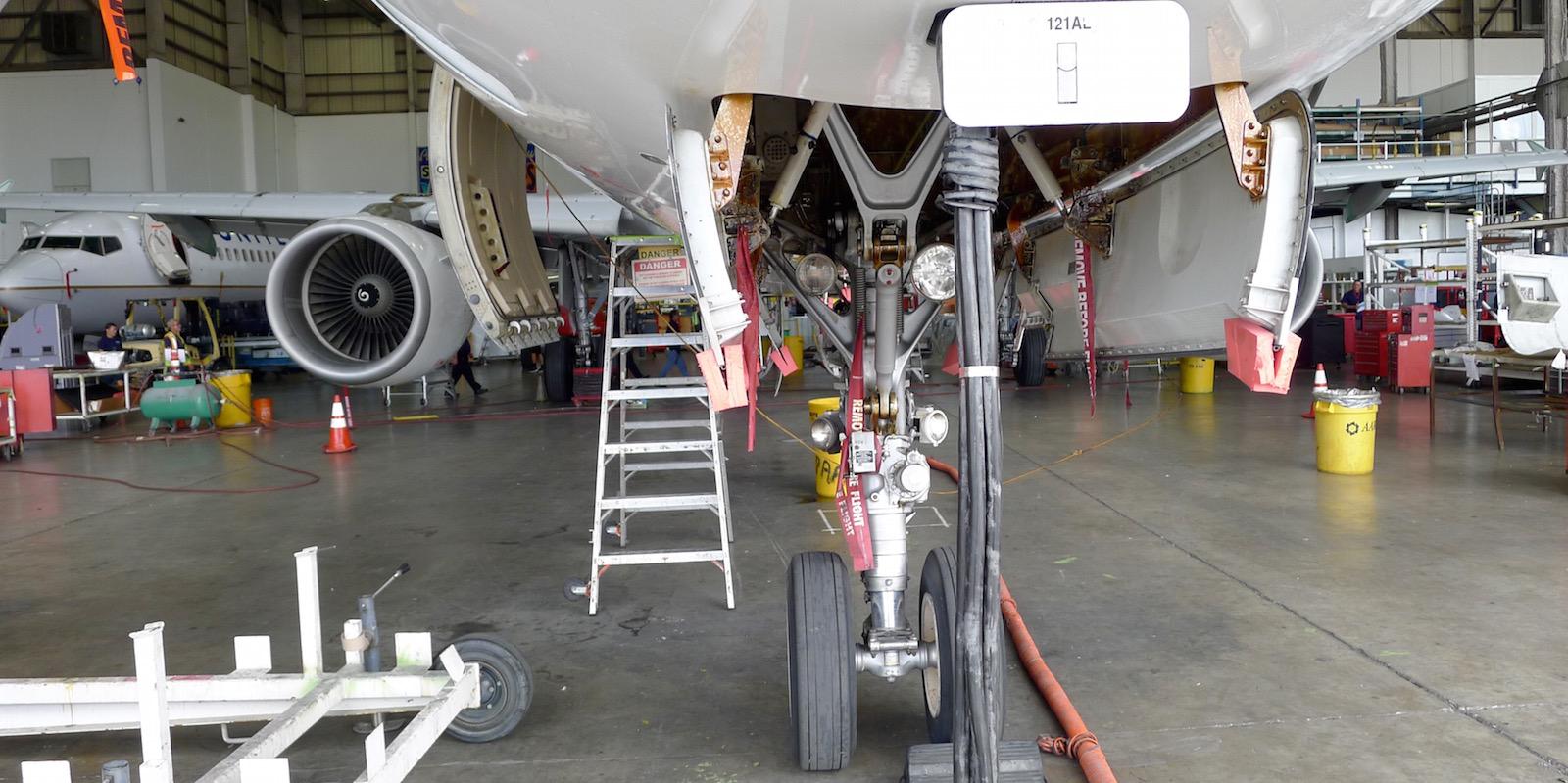Novel Coronavirus Resources For Suppliers, Aftermarket Providers

The novel coronavirus pandemic and the COVID-19 illness it causes will force force adaption and change on the aviation industry. First, however, comes survival.
Aviation suppliers have questions: Am I small business? Should I apply for loans or grants? What about my expiring FAA certificate?
Industry organizations (not to mention Aviation Week editors) are working diligently to get answers—and get information out as fast a as possible. Here are links to the most useful information we've found. It’s not exhaustive, and we will try to keep it updated as new information comes along. (Do you know of something that you think should be on the list? See a mistake? Email Sean Broderick.)
U.S. CARES Act
The Coronavirus Aid, Relief, and Economic Security (CARES) Act sets aside loans and grants for U.S. aviation businesses, and billions of dollars for small businesses. Who is eligible for what and how do you get it?
If you're an FAA-certificated Part 145 repair station, start with this breakdown by Al Givray of Davis, Graham & Stubbs, via the Aeronautical Repair Station Association (ARSA). Also check out this Aviation Week MRO Podcast from April 7 that features ARSA's Christian Klein going over the MRO community's emergency-funding options.
ARSA has a catch-all "Anti-Viral Measures" page with all of its resources. It's worth a bookmark.
One notable link from it a template for conveying to state and local officials that a repair station is an "essential business" and should not be forced to close due to local stay-at-home ordinances.
Many smaller MRO shops and industry suppliers will be looking to the Small Business Administration's Paycheck Protection Program for short-term emergency money. The Aviation Suppliers Association (ASA) has an FAQ on the PPP, including how to determine if your business is a small business. The SBA also has a size standards tool that anyone can use. The key: know your NAICS code.
CARES includes a $3 billion pot of loan money for "contractors," which includes Part 145 repair stations. Apply here (preferably by April 17, Treasury says).
There is also a pot of money for payroll support, which airlines and on-airport businesses can apply for here. ARSA believed repair stations were eligible for it, and asked Treasury for clarification. Treasury responded on April 20 with guidance making it clear that repair stations are eligible, so long as they meet all other criteria.
Guidance and caveats for both the loans and grants are available here.
Regulatory Deviations, Policy, Recommendations, Etc.
FAA has issued a series of new policies and deviations to help certificate holders cope with the pandemic. Here's the agency's list. Of particular note to repair stations or suppliers: Designee oversight training requirements policy, and possible changes to foreign repair station inspection schedules.
FAA also has put out several pandemic-related Safety Alerts For Operators (SAFOs), including one on managing temporary, overflow aircraft parking and one on proper aircraft cleaning protocol. Access all 2020 SAFOs here.
EASA has issued polices/guidance on the following issues:
- Operational recommendations (SIB, Revision 4, April 7, 2020)
- Oversight of organizations
- Aircraft cleaning/disinfection
- Crew member management
NBAA has a summary of aircraft-cleaning guidance, including information issued from major OEMs.
Has your facility been contaminated with COVID-19? Here are the U.S. CDC recommendations for cleaning up, as well as similar recommendations from the European CDPC.
ARSA has a page that lists international aviation policy resources--from ICAO and regulators--linked to the pandemic.
ICAO's COVID-19 info repository is here.
Other Useful Links, Notes
The Aviation Technical Education Council (ATEC) has a COVID-19 page, including information on how Part 147 schools can use new FAA policy to fast-track distance learning for aviation maintenance students.
ASA has FAA approval to conduct remote audits for its ASA-100 accreditation program.
GE Aviation's YouTube channel has posted short video overviews of prepping engines for short-term (30-90 day) parking.
Aviation Week's full coverage of the pandemic is here.

